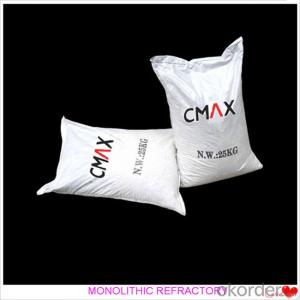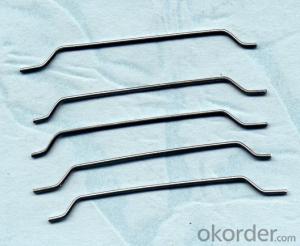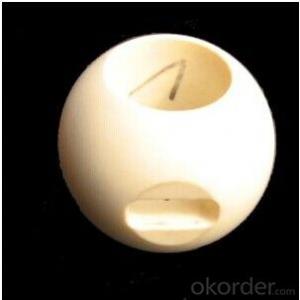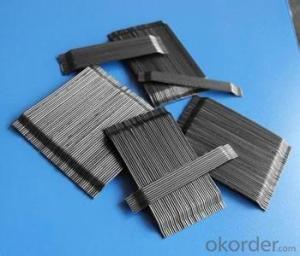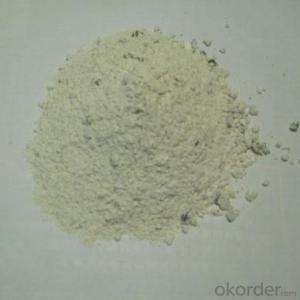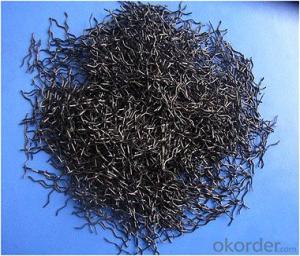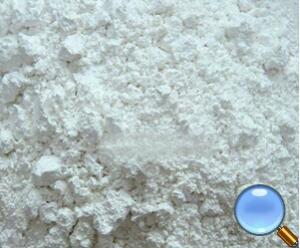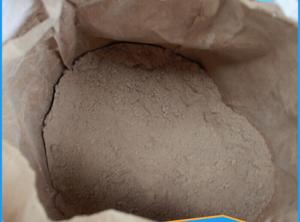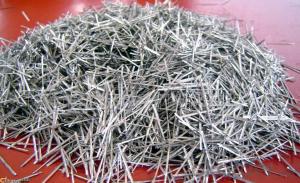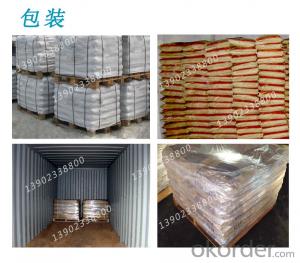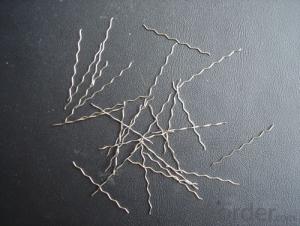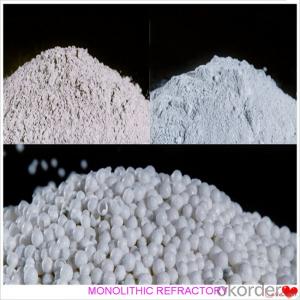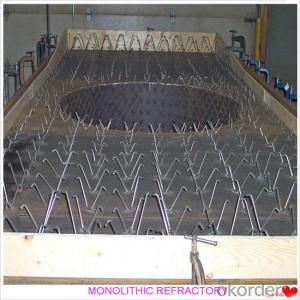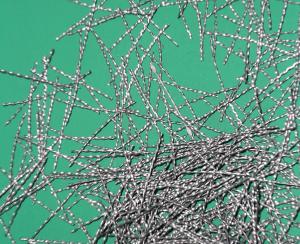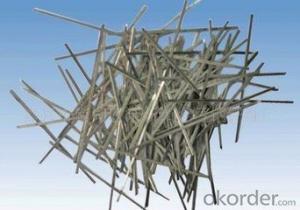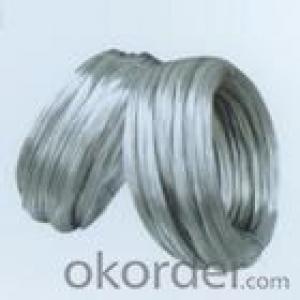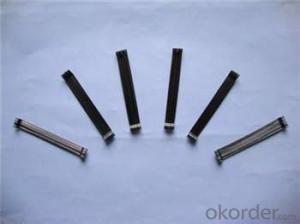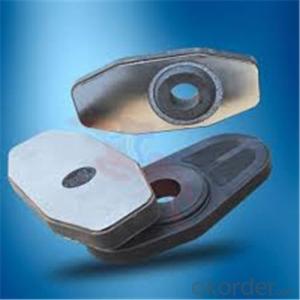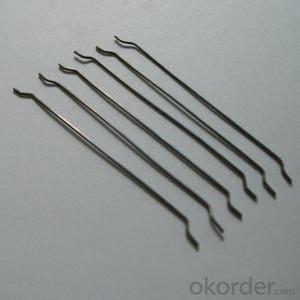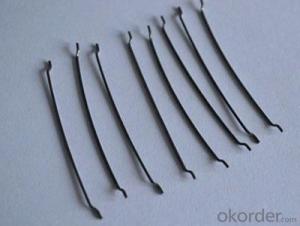All Categories
- - Steel Wire Rod
- - Steel Coils
- - Steel Profiles
- - Steel Pipes
- - Stainless Steel
- - Tinplate
- - Special Steel
- - Steel Sheets
- - Steel Rebars
- - Steel Strips
- - Hot Rolled Steel
- - Cold Rolled Steel
- - Pre-painted Steel
- - Seamless Steel Pipe
- - Welded Steel Pipe
- - Hollow Steel Tubes
- - Galvanized Pipe
- - Stainless Steel Coil
- - Stainless Steel Sheet
- - Stainless Steel Plate
- - Stainless Steel Strips
- - Electrolytic Tinplate Coil
- - Electrolytic Tinplate Sheet
- - Stainless Steel Rebars
- - Solar Panels
- - Solar Water Heater
- - Solar Related Products
- - Solar Inverter
- - Solar Cells
- - Solar Light
- - Solar Energy Systems
- - Solar Controllers
- - Solar Mounting System
- - Solar Pump
- - Solar Chargers
- - Fiberglass Chopped Strand
- - Fiberglass Mesh Cloth
- - Composite Pipes
- - FRP Pultrusion Profiles
- - Fiberglass Mat Tissue
- - Fiberglass Fabrics
- - Fiberglass Mesh
- - Composite Tank
- - Fiberglass Mesh tape
- - Polymer
- - FRP Roofing Panel
- - Fiberglass Roving
- - Monolithic Refractories
- - Ceramic Fiber Products
- - Refractory Bricks
- - Raw Materials For Refractory
- - Suspended Platform
- - Cranes
- - Concrete Machinery
- - Earthmoving Machinery
- - Building Hoist
- - Road Building Machinery
- - Plastic Pipe Fittings
- - Plastic Tubes
- - Plastic Sheets
- - Agricultural Plastic Products
- - Plastic Nets
Q & A
Can monolithic refractories be used for lining EAF slag doors?
Yes, monolithic refractories can be used for lining EAF slag doors. Monolithic refractories are versatile and can be shaped and applied to different furnace parts, including slag doors. They offer excellent resistance to high temperatures and chemical attacks, making them suitable for protecting the doors from the corrosive effects of the slag.
Can monolithic refractories be used in contact with food or pharmaceutical products?
No, monolithic refractories should not be used in contact with food or pharmaceutical products as they are not safe for consumption and can potentially contaminate the products.
How do monolithic refractories provide resistance to mechanical stresses in tundishes?
Monolithic refractories provide resistance to mechanical stresses in tundishes through their unique structure and composition. These refractories are made up of a single, cohesive material, which eliminates the presence of joints or seams that could weaken under mechanical stress. Additionally, monolithic refractories have a high degree of strength and resilience, allowing them to withstand the mechanical forces exerted during tundish operations. Their ability to resist thermal shocks and expansions also contributes to their overall resistance to mechanical stresses, ensuring the durability and longevity of tundishes.
Can monolithic refractories be used in the construction of copper smelters?
Yes, monolithic refractories can be used in the construction of copper smelters. Monolithic refractories are suitable for high-temperature applications and can withstand the harsh conditions of copper smelting, making them a suitable choice for lining furnaces, reactors, and other equipment used in the smelting process.
How do monolithic refractories handle high-temperature acidic attack?
Monolithic refractories handle high-temperature acidic attack by having a dense and chemically inert structure that resists the corrosive effects of acidic environments. They are designed to have excellent thermal shock resistance and low porosity, which prevents the infiltration of acidic gases and liquids. Additionally, monolithic refractories often contain additives that enhance their resistance to acid attack, such as zirconia, which forms a protective layer on the surface, or chemical binders that react with acids to form stable compounds. Overall, monolithic refractories provide a reliable solution for withstanding high-temperature acidic environments in various industrial applications.
Wholesale Monolithic Refractories from supplier in South Africa
Our team is well-equipped to handle large-scale projects and can provide turnkey solutions for your Monolithic Refractories needs. From material selection to installation and maintenance, we offer a comprehensive range of services to ensure the success of your project.
We understand the importance of quality and reliability in the industrial sector. That is why we only source our Monolithic Refractories from trusted manufacturers who adhere to stringent quality control standards. Our products are designed to withstand high temperatures, corrosion, and other harsh conditions commonly found in industrial environments.
In addition to supplying Monolithic Refractories, we also offer technical support and consultation services. Our team of experts can guide you in selecting the right materials for your specific application, ensuring optimal performance and longevity.
As a reliable supplier, we prioritize timely delivery and efficient logistics. We have established a strong network of suppliers and partners, allowing us to source and deliver Monolithic Refractories products promptly and cost-effectively.
At our core, we value customer satisfaction and strive to exceed expectations in all aspects of our service. Whether you are a small business or a multinational corporation, we treat every client with the same level of professionalism and dedication.
Contact us today to discuss your Monolithic Refractories requirements in South Africa. We look forward to partnering with you and providing high-quality solutions for your projects.
We understand the importance of quality and reliability in the industrial sector. That is why we only source our Monolithic Refractories from trusted manufacturers who adhere to stringent quality control standards. Our products are designed to withstand high temperatures, corrosion, and other harsh conditions commonly found in industrial environments.
In addition to supplying Monolithic Refractories, we also offer technical support and consultation services. Our team of experts can guide you in selecting the right materials for your specific application, ensuring optimal performance and longevity.
As a reliable supplier, we prioritize timely delivery and efficient logistics. We have established a strong network of suppliers and partners, allowing us to source and deliver Monolithic Refractories products promptly and cost-effectively.
At our core, we value customer satisfaction and strive to exceed expectations in all aspects of our service. Whether you are a small business or a multinational corporation, we treat every client with the same level of professionalism and dedication.
Contact us today to discuss your Monolithic Refractories requirements in South Africa. We look forward to partnering with you and providing high-quality solutions for your projects.
Hot Search
- Monolithic Refractories in Liberia
- Ceramic Fiber Products in Mongolia
- Refractory Bricks in Finland
- Raw Materials For Refractory in Malawi
- Raw Materials For Refractory in Turkey
- Refractory Bricks in Cambodia
- Ceramic Fiber Products in Tanzania
- Ceramic Fiber Products in Iraq
- Monolithic Refractories in Philippines
- Monolithic Refractories in Kenya
